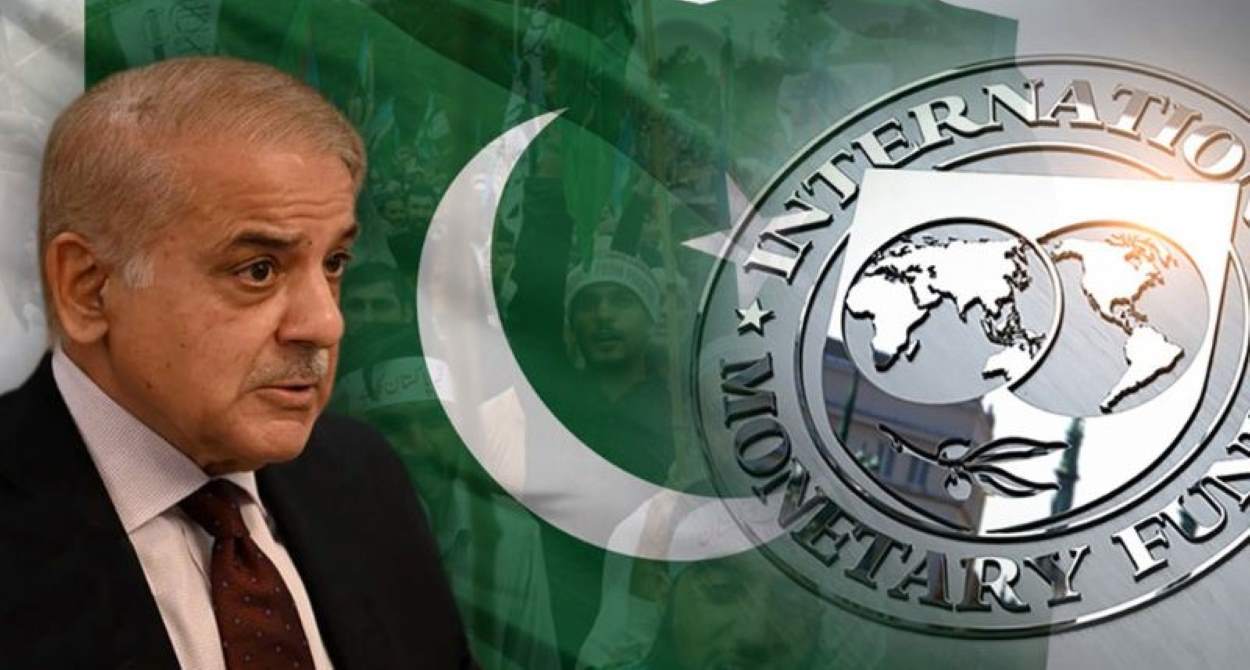The International Monetary Fund (IMF) and Pakistan have successfully concluded the first review of Pakistan’s Extended Fund Facility (EFF) and agreed on a new arrangement under the Resilience and Sustainability Facility (RSF), according to an official statement released today.
The staff-level agreement, pending approval from the IMF’s Executive Board, will provide Pakistan with approximately $1.3 billion under the RSF to enhance climate resilience and sustainability initiatives over the next 28 months. Additionally, Pakistan will receive about $1.0 billion under the EFF, totalling disbursements under the program to approximately $2.0 billion.
The agreement was reached following in-depth discussions led by IMF’s Nathan Porter and involving key Pakistani officials. The meetings, which lasted from February 24 to March 14, 2025, in Karachi and Islamabad, underscored Pakistan’s substantial strides toward restoring macroeconomic stability amidst a challenging global scenario.
Pakistan Economy – Pakistan and IMF reaches staff level agreement; Agreement also reached on climate financing
(Mar 26, 2025) #IMF #StuffLevelAgreement #Pakistan pic.twitter.com/GAWOwlKRPa
— Topline Securities (@toplinesec) March 26, 2025The EFF-supported program prioritizes fiscal consolidation, stringent monetary policies to curb inflation, and structural reforms to enhance the energy sector’s efficiency. The Pakistani government’s goals include reducing public debt and bolstering the energy sector’s sustainability while enhancing social protections in health and education.
The RSF is tailored to mitigate Pakistan’s longstanding vulnerabilities to climate shocks. It supports initiatives to build resilience against natural disasters and improve climate adaptation measures. Key projects under this facility focus on boosting public investment planning, enhancing water usage efficiency, and promoting sustainable energy and mobility solutions.
Read: PSX Plunges 2,000 Points as IMF Tariff Concerns Spook Investors
Pakistani authorities have reaffirmed their dedication to advancing structural reforms, which are crucial for sustainable economic growth. These include ongoing fiscal reforms aimed at debt reduction, heightened transparency, and enhancements in tax systems and public financial management.
Pakitan’s Monetary Strategies and Economic Stability
The IMF has highlighted the critical nature of maintaining stringent monetary policies to manage inflation, which has recently reached its lowest level since 2015. Moreover, bolstering foreign exchange reserves is pivotal for stabilizing the economy.
Pakistan and IMF have reached a staff-level agreement on the first review under Pakistan’s thirty-seven month 7 billion dollar Extended Fund Facility@Financegovpk @IMFNews #RadioPakistan #News https://t.co/zw4DQ6mQAl pic.twitter.com/cVGtI4JUR1
— Radio Pakistan (@RadioPakistan) March 26, 2025Continued reforms in the energy sector are essential for reducing operational costs and enhancing distribution efficiencies, forming a vital component of Pakistan’s broader economic strategy.
Despite notable progress, the IMF cautions that risks remain significant, particularly due to global economic uncertainties and climate-related challenges. Persistent reform efforts are crucial for Pakistan to secure long-term growth and stability.






